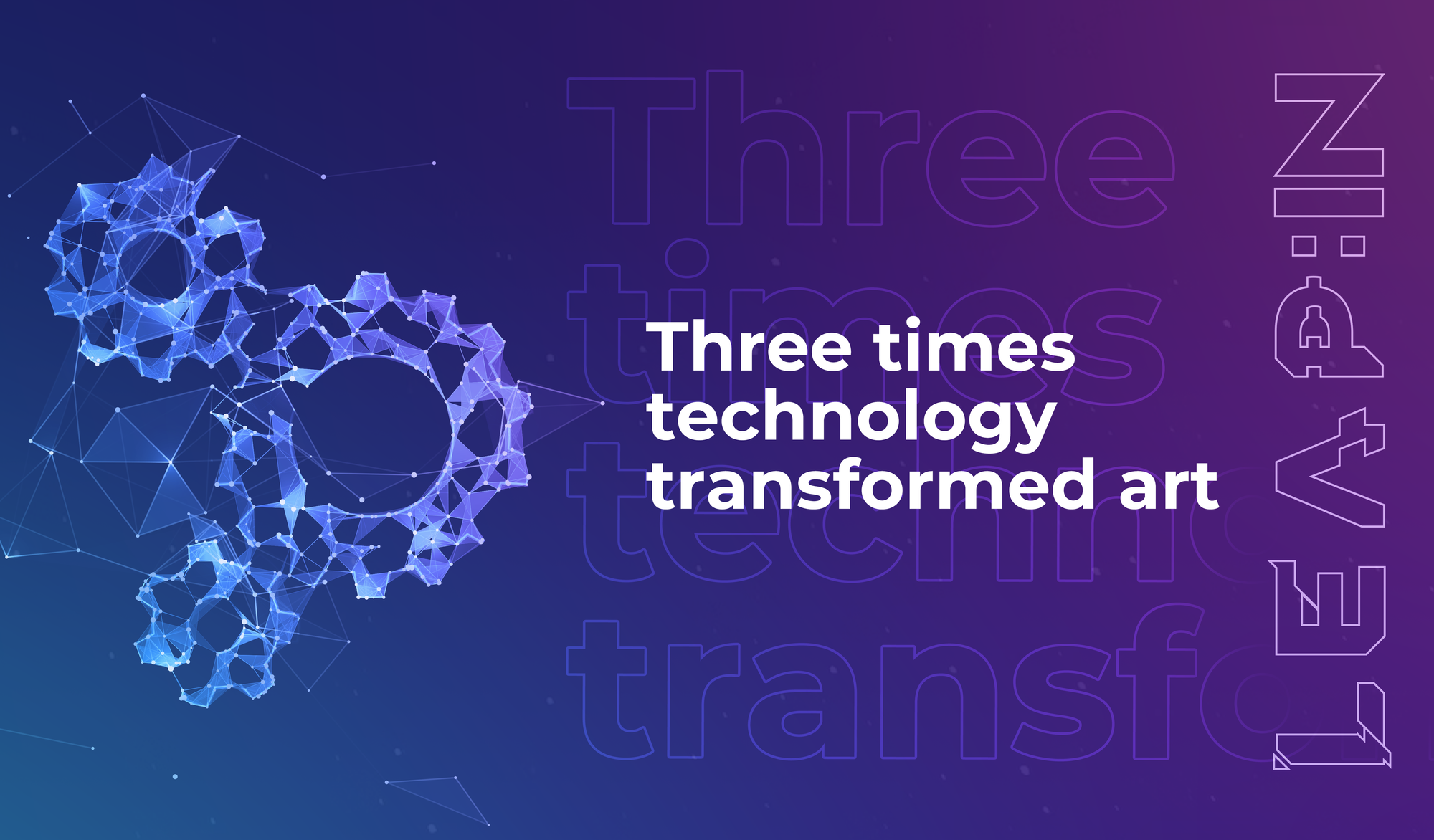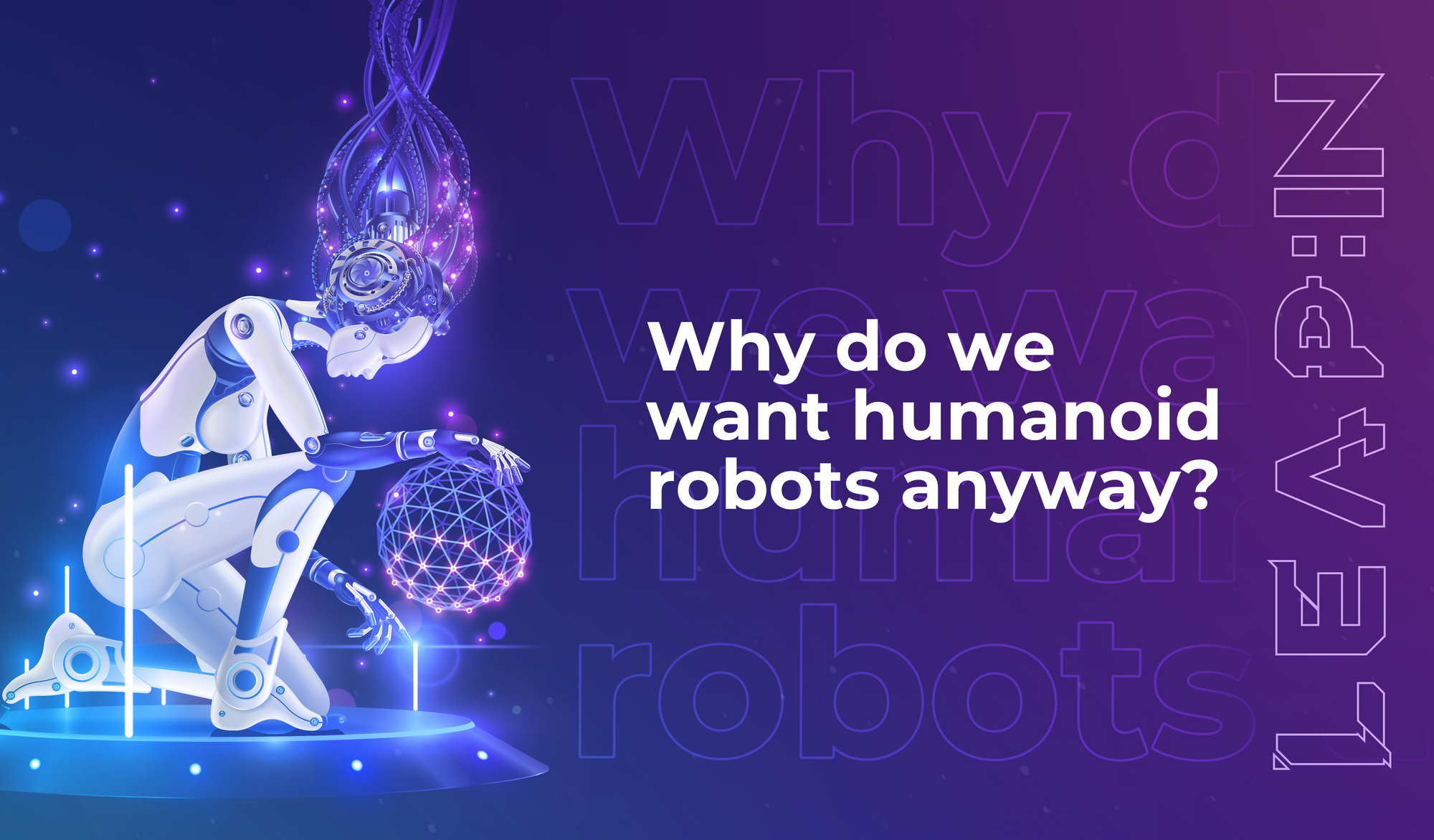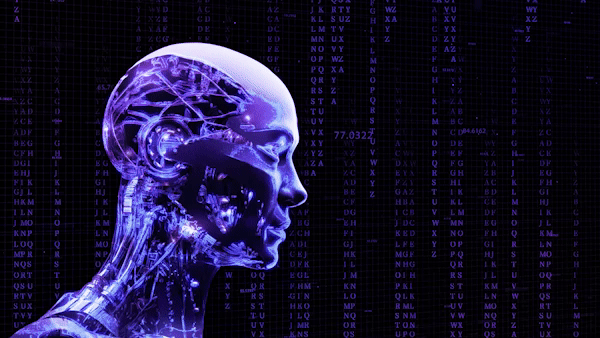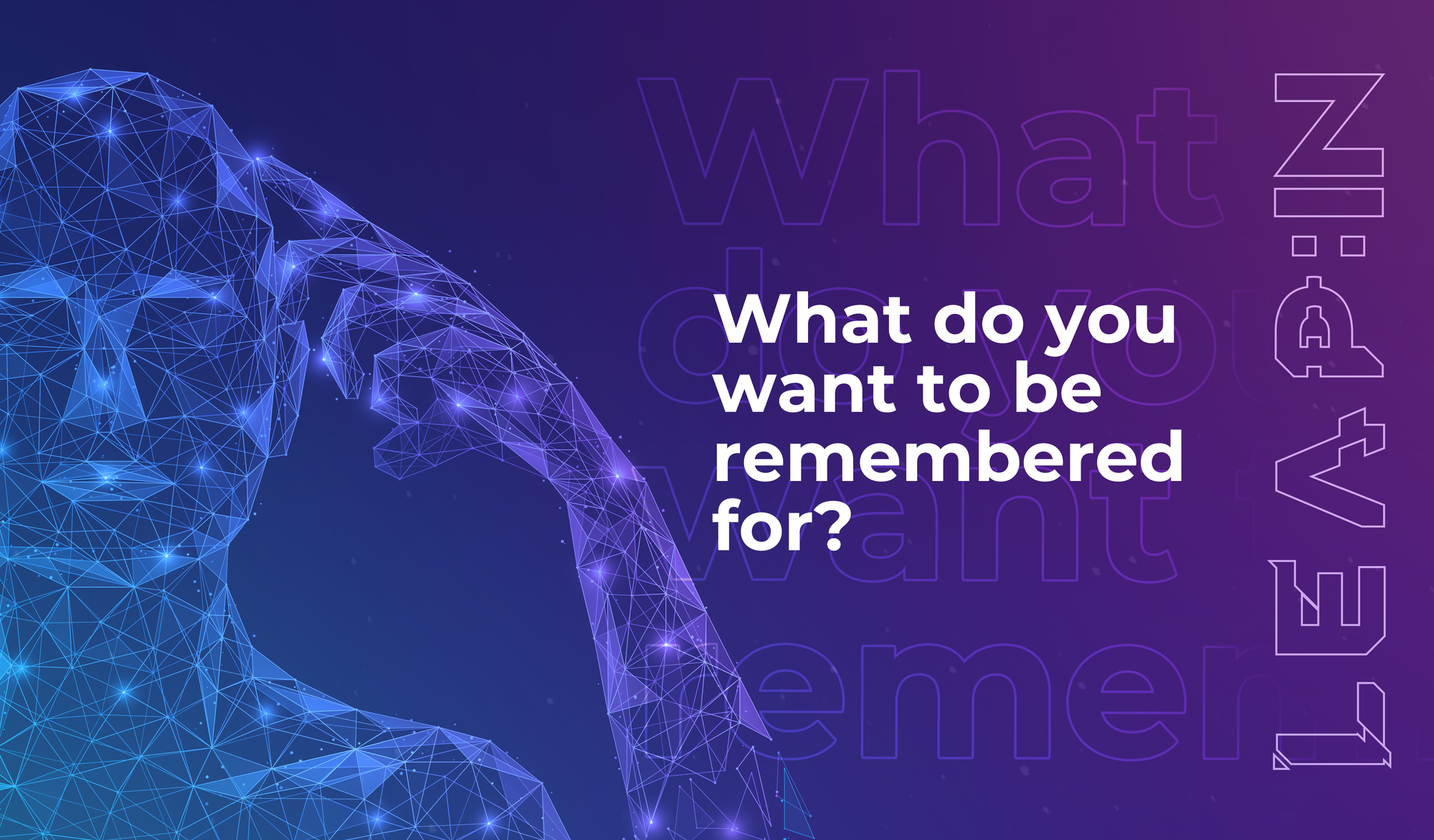

Why do we want humanoid robots anyway?

Welcome to the 248 new techies who have joined us. If you haven’t already, subscribe and join our community in receiving weekly tech insights, updates, and interviews with industry experts straight to your inbox.
Expand your perspective with our weekly delivery of insights and interviews from the global tech community.
This week we’re quoting…
Nolan Bushnell (Tech Pioneer, Engineer and Scientist)
What Nolan said:
“I just want the future to happen faster. I can't imagine the future without robots.”
Full disclosure: He didn’t say this to us
We usually quote directly from interviews with our LEAP community in this newsletter, so let’s be clear that in this case, we haven’t actually interviewed Nolan Bushnell. Nope; today we’re taking something he famously said about robots because…well, we’ve been thinking about robots.
Specifically, we’ve been thinking about why people want humanoid robots at all.
It’s obvious why humans wants robots more generally
There are endless good reasons to develop useful robots. But why are so many of us captivated by the idea of robots that look like humans?
Scientists at Waseda University in Japan built the world’s first humanoid robot. It was 1973, and they called the robot the WABOT-1: a fun-scale anthropomorphic robot that consisted of a limb-control system, vision system, and conversation system. It could communicate with a human in Japanese and measure distances using external receptors, including artificial eyes and ears. It could walk with its lower limbs, and could grip and move objects.
The WABOT-1 marked the beginning of decades of humanoid robot development. Bringing us right up to the present day – with this new robot in development by 1X, backed by OpenAI, called the Neo Gamma and built with advanced neural networks to enable the machine to learn-by-doing.
Not everyone wants a humanoid robot in their home, doing everyday tasks for them. But whether you’re pro-robo or a little more cautious about the whole idea, there’s no denying that we, as a species, have a fascination with creating a machine likeness of ourselves.
A practical approach: Humanoid robots could be useful in human-designed environments
If the main purpose of robots is to help us with various kinds of work, then there’s a practical reason to make them similar in size, shape, and movement to ourselves: we’ve designed our work environments for humans, so humanoid robots can fit into those environments (and to the tasks we want them to perform).
In particular, humanoid robots hold the potential to collaborate with us. They can work side-by-side with humans, interact with us, and handle repetitive or strenuous tasks alongside us.

But there’s a philosophical curiosity too…
On a deeper level, our fascination with humanoid robots probably stems from our endless desire to understand ourselves. Why are we here? What’s our place in the universe, really? These questions stretch back to ancient myths and legends from around the world, featuring artificial beings created with a likeness to humans.
Is it possible that developing humanoid robots that live alongside us could help us understand what it means to be human?
In different parts of the world, the cultural philosophy around robots varies depending on…well, the cultural philosophy in general. Some cultures see robots (and by extension, the ethical considerations around robots) as useful, but also as potentially dehumanising to humans – minimising our own value by doing many of the things we can do.
Other cultures see robots as part of a greater cosmology; they’re entering into society from a place of cooperation and mutual success, not as something that needs to be controlled otherwise it’ll control us.
So our feelings about humanoid robots can tell us a lot about our feelings about humanity itself, and about society and our place in it.
Confronting what makes us unique
Humanoid robots continue to advance. And their use cases in work and social life continue to expand as well; from healthcare and education to entertainment and community support, robots have the potential to support us across various areas of our lives.
They’re clear evidence of human ingenuity. But at the same time they force us to confront the issue of what actually makes us unique. What is it about our species that’s worth replicating – and what are the dangers of doing that? Will we lose our sense of who we are?
Humanity has a persistent drive to explore our cosmos, our consciousness, and test the limits of what’s possible. And this drive pushes us to immerse ourselves in this truly profound exploration of what it means to exist as human beings among the innovations we’re creating.
Oof. It’s a lot, isn’t it?
What do you think about humanoid robots?
Do you think we need them? Why, or why not? How do they make you feel? We want to know what you think.
Have an idea for a topic you'd like us to cover? We're eager to hear it. Drop us a message and share your thoughts.
Catch you next week,
The LEAP Team


What do you want to be remembered for?
A question that connects personal goals with professional ambition

Related
articles


What do you want to be remembered for?
A question that connects personal goals with professional ambition

